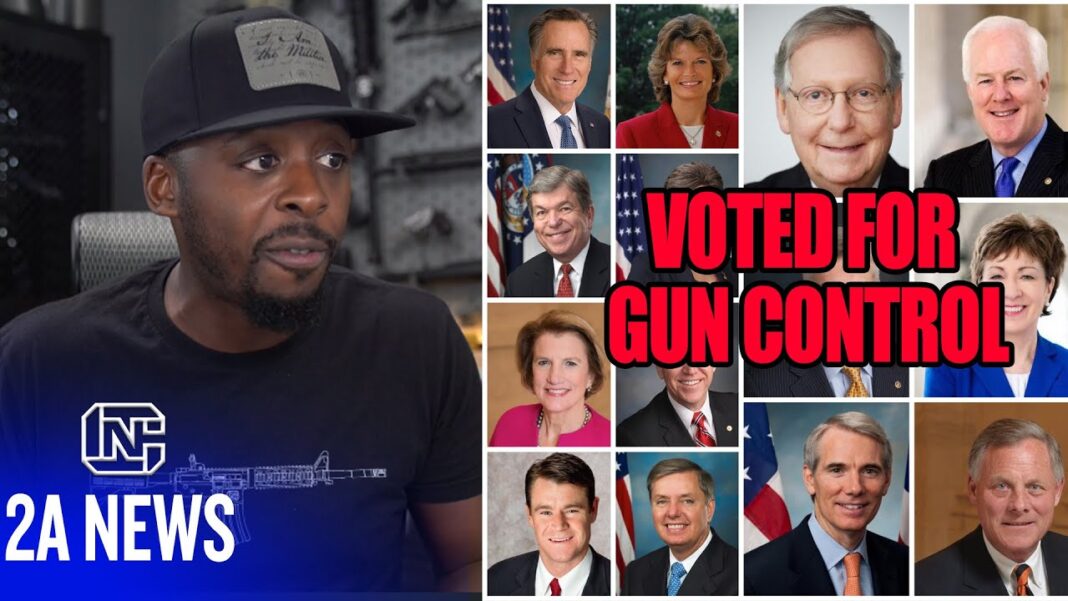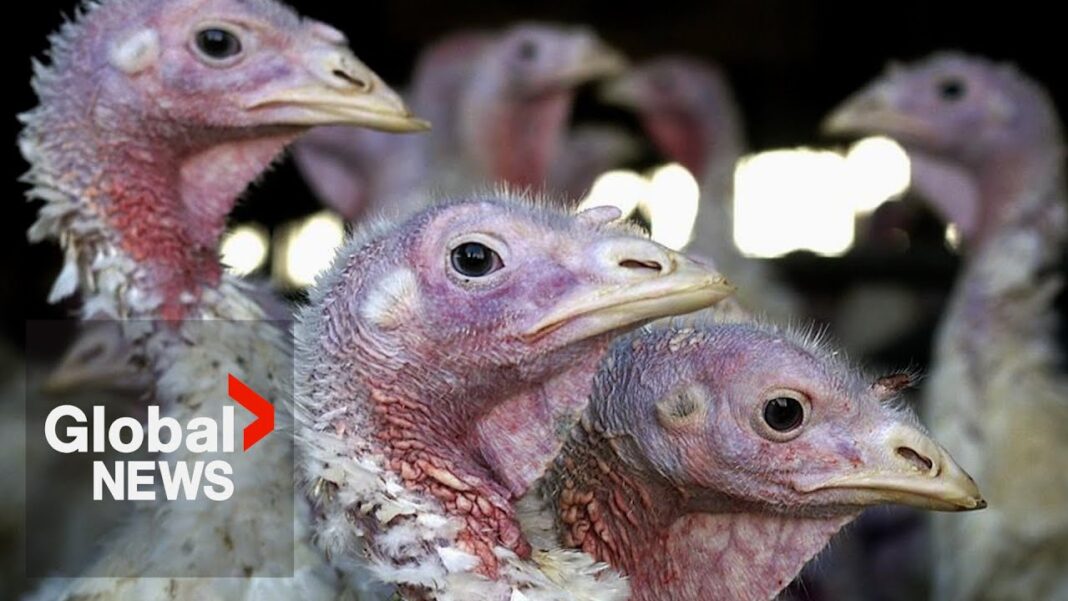GOP prosecutors say U.S. Constitution is clear in its direction to leave state elections up to the elected representatives of those states.
A group of Republican state attorneys general are pushing back against U.S. Attorney General Merrick Garland’s comments made in March at a church in Selma, Alabama, where he discussed using the Department of Justice (DOJ) to interfere in state voting laws.
Indiana Attorney General Todd Rokita, in a letter supported by 15 other GOP prosecutors, including Ken Paxton in Texas and Liz Murrill in Louisiana, stated that Mr. Garland’s comments are “concerning.”
“In your speech, you claimed that democracy is under attack by ‘discriminatory, burdensome, and unnecessary restrictions on access to the ballot,’” Mr. Rokita wrote. “In response to these allegations, you announced that you ‘double[d] the number of lawyers in the civil rights division’ and ‘launched the Justice Department’s Election Threats Task Force,’ signaling your intent to intrude on our states’ authority.”
Mr. Rokita called this a “weaponization of the DOJ” fueled by Mr. Garland’s personal views, which he called a “serious threat to the principles of federalism and separation of powers, but also to democracy and the rule of law.”
In the letter, Mr. Rokita said the U.S. Constitution is clear in its direction to leave state elections up to the elected representatives of those states.
“Any subversion of these clear mandates would be undermining our Constitution and law and order,” he wrote. “And we think your remarks undermine these principles in a few ways.”
Mr. Garland told the audience at the Tabernacle Baptist Church that his DOJ is challenging state laws that he said are placing unneeded restrictions on black voters. He said black voters are disenfranchised by these restrictions on mail-in voting, the use of drop boxes, and voter ID.
“That is why we are working to block the adoption of discriminatory redistricting plans that dilute the vote of Black voters and other voters of color,” Mr. Garland said. “We are holding accountable jurisdictions that fail to provide accessible vote centers for voters with disabilities. We are defending the ability of private individuals—not just the government—to bring lawsuits under the key provisions of the Voting Rights Act and the Civil Rights Act of 1964.”






